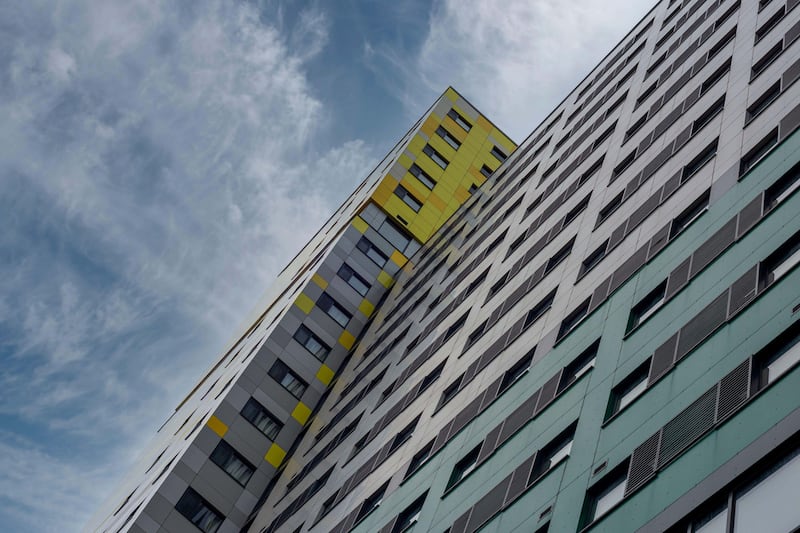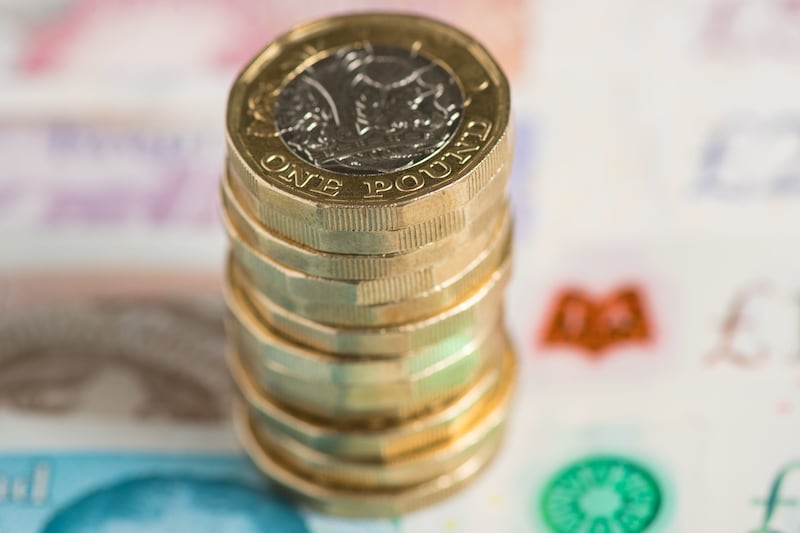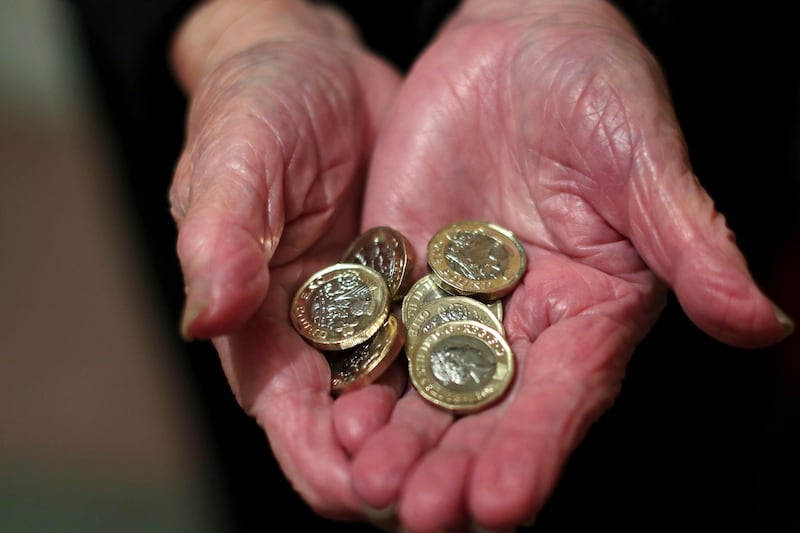UK inflation dropped to a fresh two-and-a-half year low in March on the back of a further easing in food prices, official figures revealed on Wednesday.
The Office for National Statistics (ONS) said Consumer Prices Index inflation stood at 3.2% in March, down from 3.4% in February.
It marks the lowest level since September 2021, but was nonetheless slightly higher than economists expected.
UK Prime Minister Rishi Sunak said the figures show “that after a tough couple of years, our economic plan is working”.
However, financial markets pushed back expectations for interest rate cuts after the figures amid concerns over persistence in services and wage inflation.
Economists had predicted a reading of 3.1% for the month.
Separate figures released by ONS on Wednesday also show pressure growing on renters in particular.
Average private rents in Northern Ireland increased by 10.1% in the 12 months to January, the highest annual rise since records started in 2016.
Based on newly advertised lets, the December 2023 rate had been 9.3%.
The slowdown in UK’s consumer price index (CPI) announced on Wednesday was heavily linked to a slowdown in food price inflation, which was also its lowest for more than two years.
Inflation for food and non-alcoholic drinks dipped to 4% for the month, from 5% in February, to reach its lowest level since November 2021.
The increased slowdown was partly driven by a fall in meat prices and lower rises for bread and cereals, the ONS said.
Furniture and household goods prices also contributed to the fall, with prices in the sector down 0.9% in March compared with the same month last year.
Elsewhere in retail, clothing and footwear inflation also slowed to 4% for the month, from 5% in February, after women’s clothing stores increased prices by less than normal for this time of year.
The largest upwards pressure came from motor fuels, after the average price of petrol rose by 2.6p per litre between February and March 2024 to stand at 144.8 pence per litre, according to the ONS.
The overall reduction in inflation comes after rate setters at the Bank of England hiked interest rates to a 15-year-high of 5.25% in order to put pressure on demand.
Economists expect inflation for April to show a further fall in inflation, supported by another drop in energy prices, as CPI moves closer towards the central Bank’s 2% target rate.
This has also increased speculation that the central bank could cut interest rates in the coming months, although Governor Andrew Bailey and other members of the Bank’s monetary policy committee have so far suggested it is too early for a cut.







